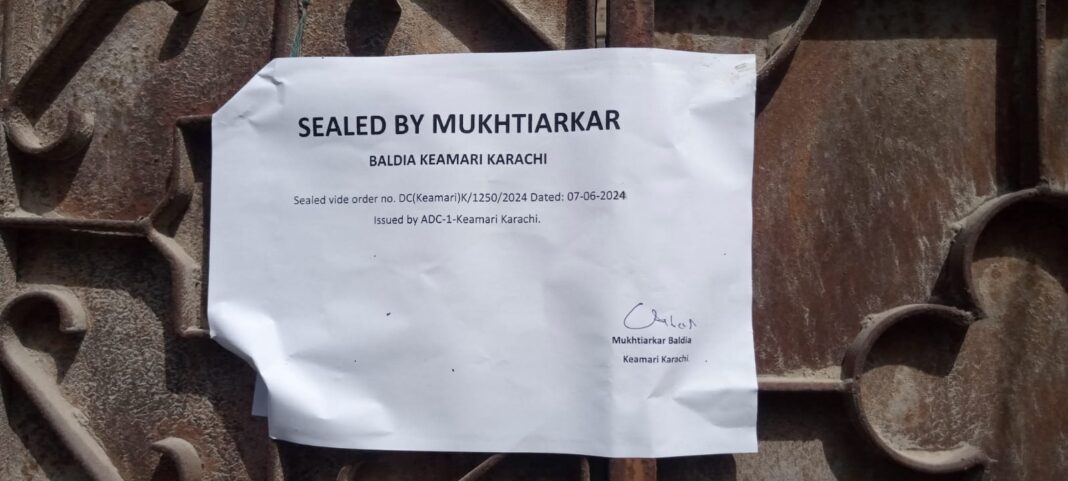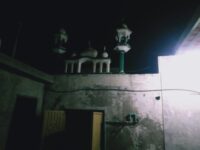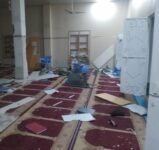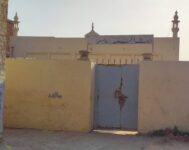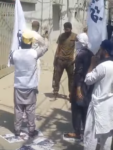Worship denied and a case registered against Ahmadis at TLP’s behest
Baldia Town, Karachi; June 2024: Recently, opposition to the Ahmadiyya community has increased in Karachi. Earlier, on 26 May 2024, opponents arrived as an unruly mob in Baldia Town, Karachi, during the Ahmadiyya Khilafat Day event, forcing the event to be stopped; the community members were safely escorted out. On 2 June 2024, Tehreek-e-Labbaik organized a protest rally for the Protection of the Finality of Prophethood, distributed pamphlets and promoted agitation on social media. Ahmadis submitted a complaint to the administration and met with the SSP police.
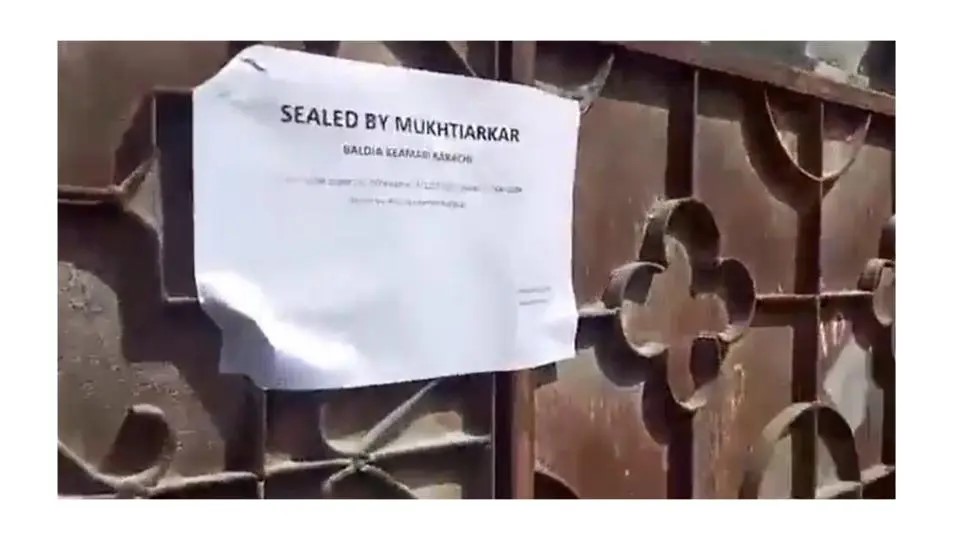
Before the rally, opponents went to the Baldia Town police station and attempted to file a case against Ahmadis for allegedly preaching their faith, but the police did not register the case. To control the rally, police were deployed on both sides of the prayer center, preventing miscreants from approaching the building. However, when the procession passed in front of the prayer center, some of them threw stones at it and shouted slogans against the Ahmadi community. Clerics addressed the rally with inflammatory speeches and stated that if their elders had not restrained them, they would have demolished the Ahmadiyya center. They warned the administration and agencies that if they did not take action, the people of Baldia would demolish the center themselves. They declared they did not want Ahmadis in Baldia Town. The clerics further stated that while the authorities feared reaction from human rights organizations and international voices from Canada and Germany, they were supported by Medina in Arabia. Opponents also threatened to take over the prayer center and turn it into their mosque, demanding that the administration seal the center.
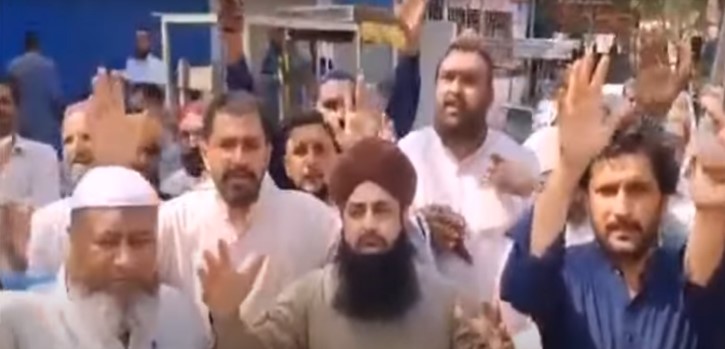
In the year 2020, opponents had filed a complaint with the administration against the prayer center in Baldia Town, Karachi, alleging that Plot number 58 was being illegally and fraudulently leased to the Ahmadiyya community and demanded its closure. The plot was owned by Mr. Mubashir Ahmad, an Ahmadi, and his three sisters, all residing abroad. Three years ago, an initial agreement was made with the lease documents, and the remaining amount was to be paid after the lease was finalized, at which point the plot was to be transferred to the community. Mr. Mubashir Ahmad and his relatives had come to lease the plot but, due to time constraints, gave written authority to Mr. Iqbal Mahmood. These documents were shown to the administration at that time.
Following the opponents’ complaint, on June 6, 2024, Case number 138 was registered at Baldia police station under sections 34 and 298-C against Mr. Mubashir Ahmad, Ms. Nazia Maqsood, Ms. Fauzia Maqsood, Ms. Bushra Arif, Mr. Iqbal Waheed, and Mr. Waheed Ahmad. The case included the names of Mr. Mubashir Ahmad and his three sisters, Ahmadis, who are the rightful owners of the plot.

On June 7, 2024, before the Friday prayer, a police contingent arrived outside the Ahmadiyya mosque and prevented the community members from performing their prayer. At the same time, members of Tehreek-e-Labbaik also gathered. The police were informed that Ahmadis would perform their Friday prayer and that they could not be stopped from worshipping within their premises, as per law. Despite this, the police detained Mr. Mahmood Iqbal (president of the community), Mr. Waheed Ahmed, and Mr. Zulfiqar Ahmed. Subsequently, the remaining members were also told to leave the mosque, as the police intended to seal it. The police later released the detained individuals.
Later, the Deputy Commissioner of Kemari Karachi issued an order to seal the mosque, stating that it was being done in light of the orders of the Sindh High Court. Following this directive, the local administration sealed the mosque and posted a notice on it. The order mentioned the Sindh High Court order, but Ahmadis are not aware of these orders. Additionally, when community representatives went to the local administration office after the mosque was sealed and requested the said High Court orders, these were not available there either. The sealing of their place of worship was most hurtful to the beleaguered Ahmadis.
